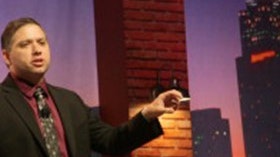Homepage
•
Learning Library
•
Blog
•
Jeff Charbonneau asks: What is your 'What if?'
Expand breadcrumbs
Expand breadcrumbs
- Learning Library
- Blog
- Jeff Charbonneau asks: What is your 'What if?'
- Homepage
- •
- Learning Library
- •
- Blog
- •
- Jeff Charbonneau asks: What is your 'What if?'
Jeff Charbonneau asks: What is your 'What if?'
By Andra Brichacek
July 1, 2014








